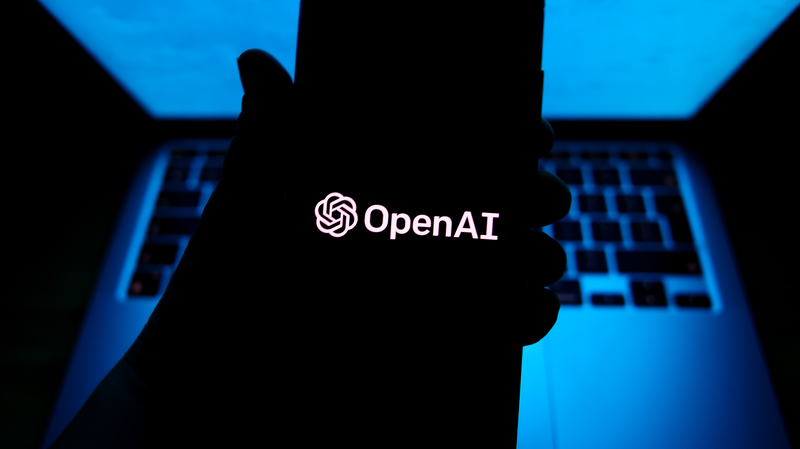🍓 OpenAI is quietly cooking up a revolution in artificial intelligence with its secretive 'Strawberry' project, aiming to give AI models supercharged reasoning skills that could autonomously navigate the web and tackle complex research tasks. Think ChatGPT – but with a PhD-level ability to connect the dots. 🤯
Why It Matters
While today's AI can write essays and solve math problems, it often stumbles on tasks requiring common sense or long-term planning. Strawberry – previously known as Q* – reportedly uses advanced post-training techniques to help AI 'think ahead' and conduct multi-step analysis, potentially enabling breakthroughs in science and tech development. 🔬
Behind the Scenes
- Internal documents suggest Strawberry models could perform 'deep research' by browsing the internet independently
- Linked to Stanford's STaR method, which lets AI 'bootstrap' its own intelligence growth
- CEO Sam Altman recently called improved reasoning 'the most important frontier' for AI
The Big Picture
OpenAI isn't alone in this race – Google, Meta, and others are also chasing better AI reasoning. But if Strawberry delivers, it could lead to AI that doesn't just answer questions, but actively discovers new knowledge. As Stanford researcher Noah Goodman put it: 'That’s both exciting and terrifying.'
While OpenAI remains tight-lipped about release dates, one thing's clear: The future of AI just got a little juicier. 🥤
Reference(s):
OpenAI working on new reasoning tech under code name 'Strawberry'
cgtn.com





